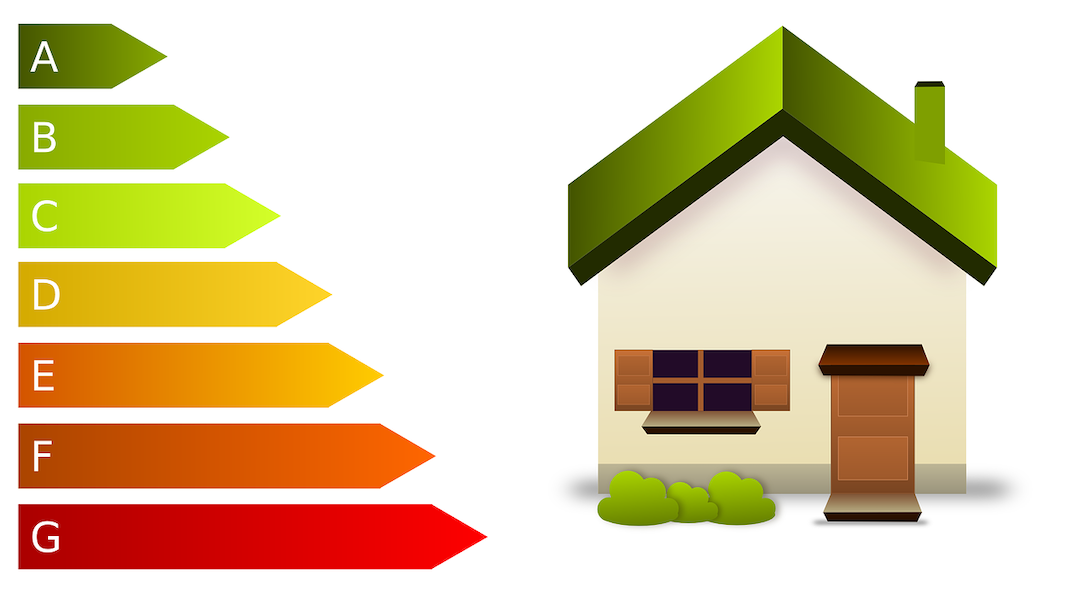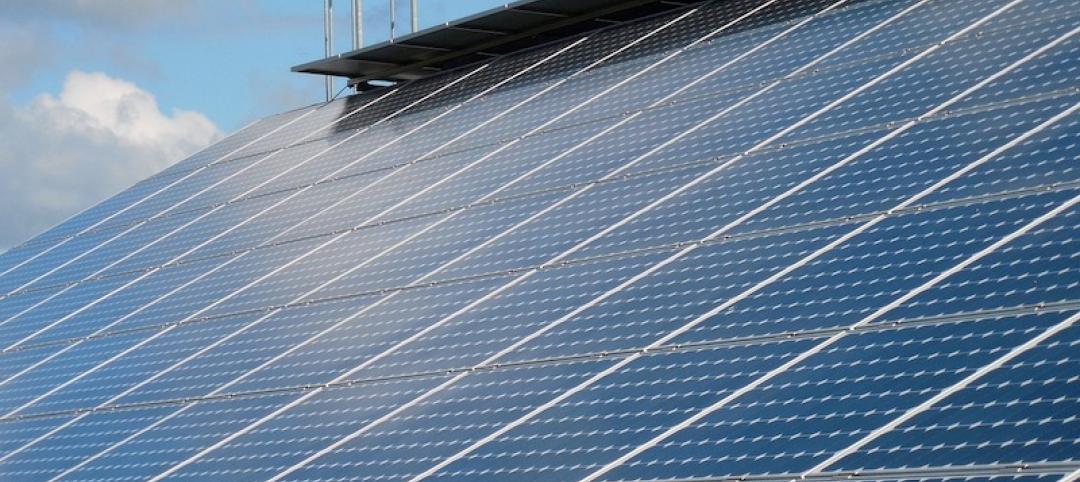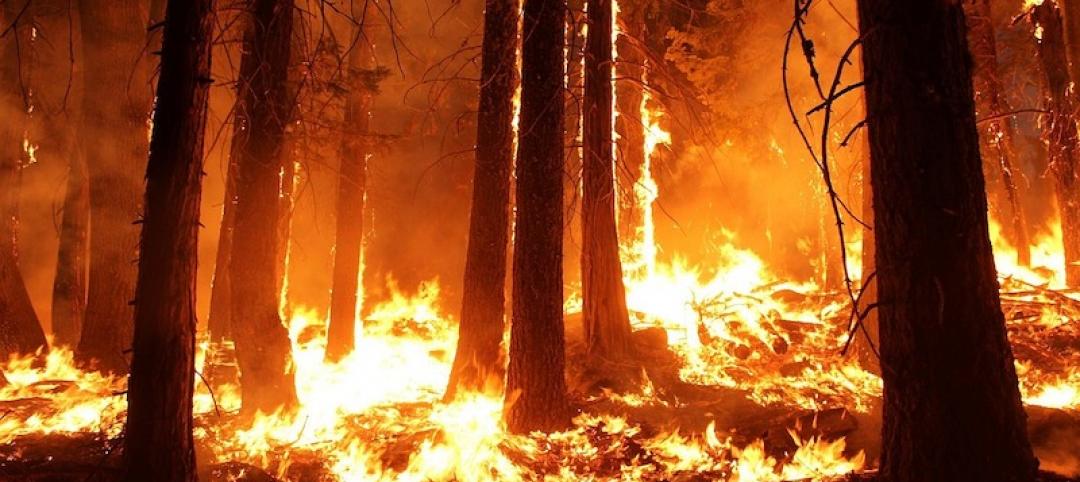Recent findings from the Better Buildings Partnership raise serious questions about the efficacy of energy efficiency ratings used in the United Kingdom.
The study found that buildings that have received the highest rating—an A Energy Performance Certificate—use more energy than some of their peers rated C, D, E, or F. The analysis of self-reported energy data in 2020 for more than 1,100 commercial properties found that the median energy intensity for all B-rated buildings is higher than for C-rated buildings.
The disparity between how buildings are designed and their actual greenhouse gas emissions is widespread in the U.K. The findings are in line with past evidence that green building certifications based on predicted energy use don’t necessarily translate to energy savings in the field.
Some studies have found that LEED certification yields better energy efficiency, but others have found that certified buildings use more energy than non-certified buildings. The U.S. Green Building Council maintains that its own research shows certified buildings are overall more efficient.
Part of the explanation for the disparity between ratings systems and real-world results could be due to the limitation of assessments that only predict potential energy efficiency. In practice, building management systems may not be set up or used properly. In addition, people sometimes undo the efficiency design by bringing fans into buildings or installing additional air conditioners.
Related Stories
Codes and Standards | Nov 17, 2020
Midtown Manhattan’s empty offices could be converted to affordable housing
Advocates envision idle offices re-zoned to alleviate housing crisis.
Codes and Standards | Nov 16, 2020
New concrete detailing manual includes downloadable CAD files
American Concrete Institute document contains guidance on codes for structural concrete.
Codes and Standards | Nov 12, 2020
California rent control measure defeated
Golden State voters reject Proposition 21.
Codes and Standards | Nov 11, 2020
NY court ruling makes it easier for condo boards to sue investors for construction defects
Investors would be tapped for damages on such cases.
Codes and Standards | Nov 10, 2020
Researchers and industry leaders will form national institute for AI in construction
Goal is to identify high-impact areas for application in design and construction.
Codes and Standards | Nov 6, 2020
Jobsite injuries in New York City decline 20% since 2017
Safety training cited as a cause of improvement.
Codes and Standards | Nov 4, 2020
Commercial building owners having tougher time securing insurance policies and renewals
Insurers’ fears of civil unrest in wake of election prompt builder’s risk coverage moratoriums.
Codes and Standards | Nov 4, 2020
Turn rooftops into revenue generators with solar arrays
Lease or ownership models for PVs make more sense than ever.
Codes and Standards | Nov 3, 2020
The argument against gas stoves includes degraded indoor air quality
Asthma seems to be aggravated by cooking with flame.
Codes and Standards | Nov 2, 2020
Wildfires can make drinking water toxic
Updated building codes could mitigate the danger.

















